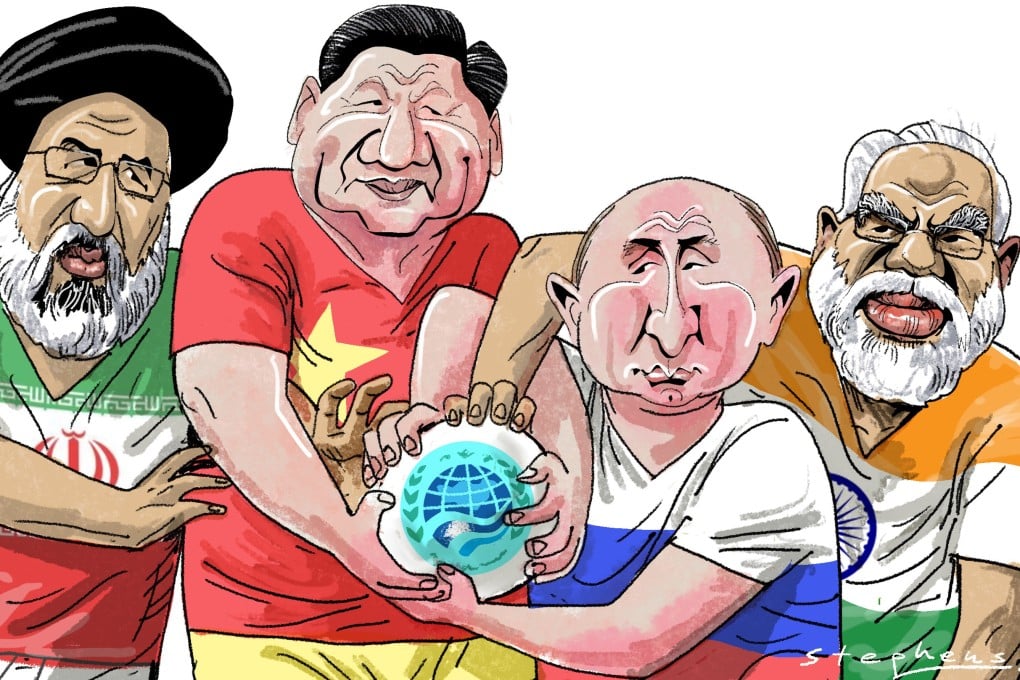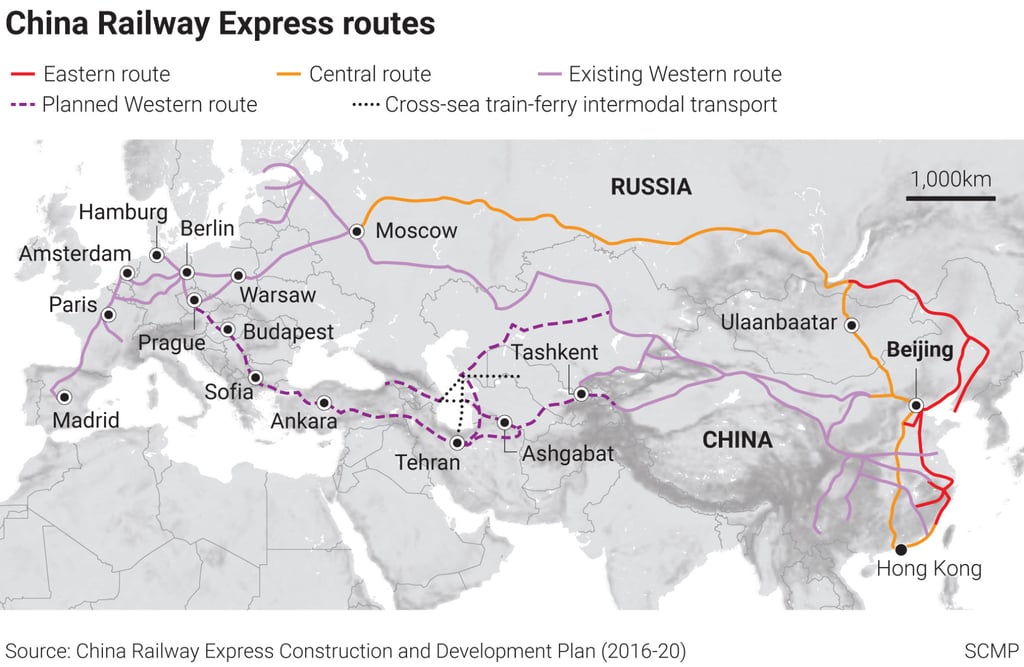Advertisement
Opinion | SCO leaders hail unity yet struggle to find common ground at Samarkand summit
- As Xi, Putin and other Eurasian leaders gathered for a meeting of the Shanghai Cooperation Organization, promises of stronger economic ties and a shared global agenda could not conceal political differences, especially over the war in Ukraine
Reading Time:4 minutes
Why you can trust SCMP
2

It was all smiles when the leaders at the Shanghai Cooperation Organization (SCO) summit in Samarkand posed for a group photo. After two days of backslapping and calls for closer integration on trade, agriculture, and even sports, the Eurasian leaders seemed to be getting along famously. “The SCO is the strongest regional organisation in the world today,” declared Russian President Vladimir Putin.
Behind the scenes, however, the group is less harmonious. Even as the presidents of member countries Tajikistan and Kyrgyzstan were sitting down to dinner together, skirmishes on the border of the two states threatened to spiral into a widespread conflict.
The leaders of observer countries Azerbaijan and Armenia also attended the summit shortly after their troops had clashed in the Nagorno-Karabakh region.
The format makes for an uneasy alliance, united predominantly by common economic interests. This was reflected in the resolutions passed at the summit and the agreements forged on the sidelines, which largely focused on economic cooperation.
The leaders of China, Kyrgyzstan and Uzbekistan signed an agreement on the construction of a railway linking their three countries. Erkinbek Osoyev, Kyrgyzstan’s transport minister, said the new route will carry between 7 and 13 million tonnes of freight a year. Crucially, it could also form the basis of a new goods artery – the “Middle Corridor” – which cuts the journey of freight to Europe by 900km, by bypassing Russia.

Plans for the railway were originally drawn up in 1997, but the project was repeatedly shelved due to Russian opposition. Now, however, Putin appears to have dropped his objections. The agreement on the China-Kyrgyzstan-Uzbekistan railway therefore seems symptomatic of Russia’s weakened position in Central Asia.
Advertisement
